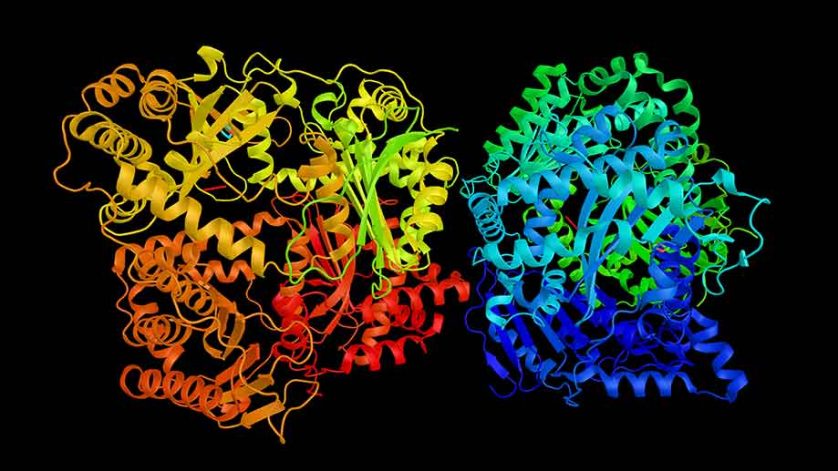Nesiritide is a medication used to treat heart failure, a condition in which the heart does not pump blood effectively. It is also known by its brand name, Natrecor.
Nesiritide is given as an injection into a vein (intravenous or IV) and is usually administered in a hospital or medical setting. The dose and duration of treatment may vary depending on the individual’s condition and response to treatment.
The common doses of Nesiritide are:
- The recommended dose is an initial intravenous bolus of 2 mcg/kg, followed by a continuous intravenous infusion at a dose of 0.01 mcg/kg/min.
- The maximum recommended dose is 0.03 mcg/kg/min.
The side effects of Nesiritide may include:
- Low blood pressure (hypotension)
- Headache
- Dizziness
- Nausea
- Vomiting
- Back pain
- Joint pain
- Insomnia
- Anxiety
- Rash
- Itching
Rare but serious side effects of Nesiritide may include:
- Kidney problems, such as acute kidney injury or worsening of existing kidney disease
- Abnormal heart rhythms, including ventricular tachycardia and atrial fibrillation
- Hypersensitivity reactions, including anaphylaxis (a severe and potentially life-threatening allergic reaction)
- Increased risk of death in people with advanced heart failure
It is important to seek medical attention immediately if any of these serious side effects occur.

